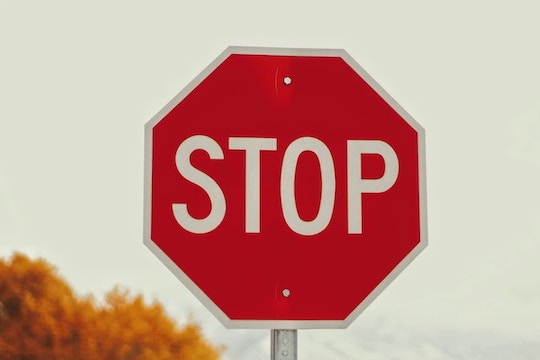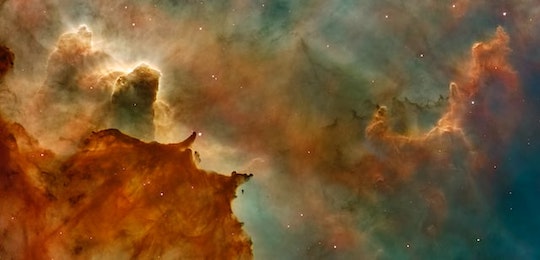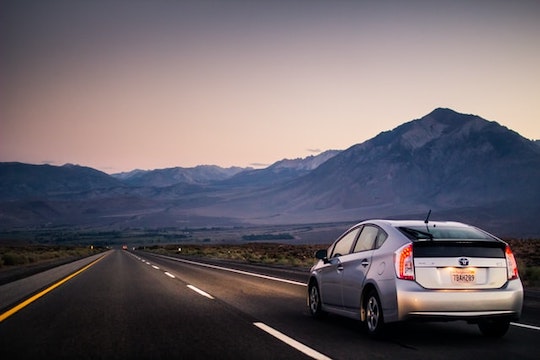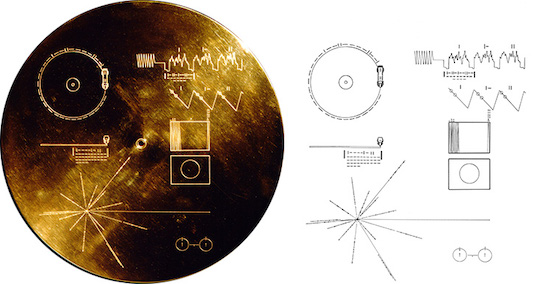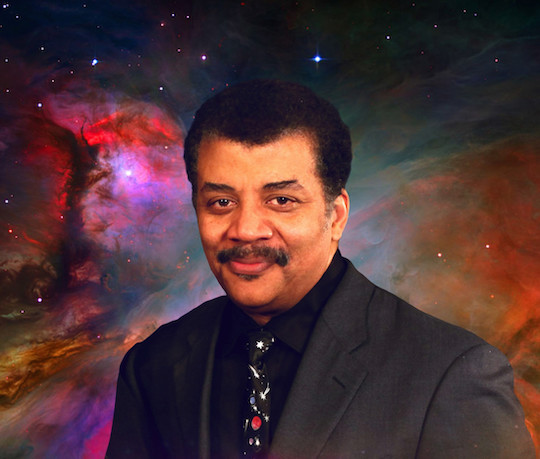Sometimes just stopping makes space for something new to show up.
—Calm App Reflection
One thing that stood out on our recent return from Florida was the reckless drivers we saw everywhere. Among their most notable traits was how rarely these motorists ever came to a full stop at stop signs on side streets.
Perhaps they saw the red hexagons as mere suggestions, and rolled right through.
Stopping completely has considerable value in both driving and in life. It gives us time to not only look both ways but to also look within.
Assessing our realities, clarifying our intended destinations, and then proceeding with care seems like a wise way to go.
EXERCISE:
Where in your life and world do you roll through the stop signs?
How would applying the brakes more often — and more fully — create a space for something new to show up?

